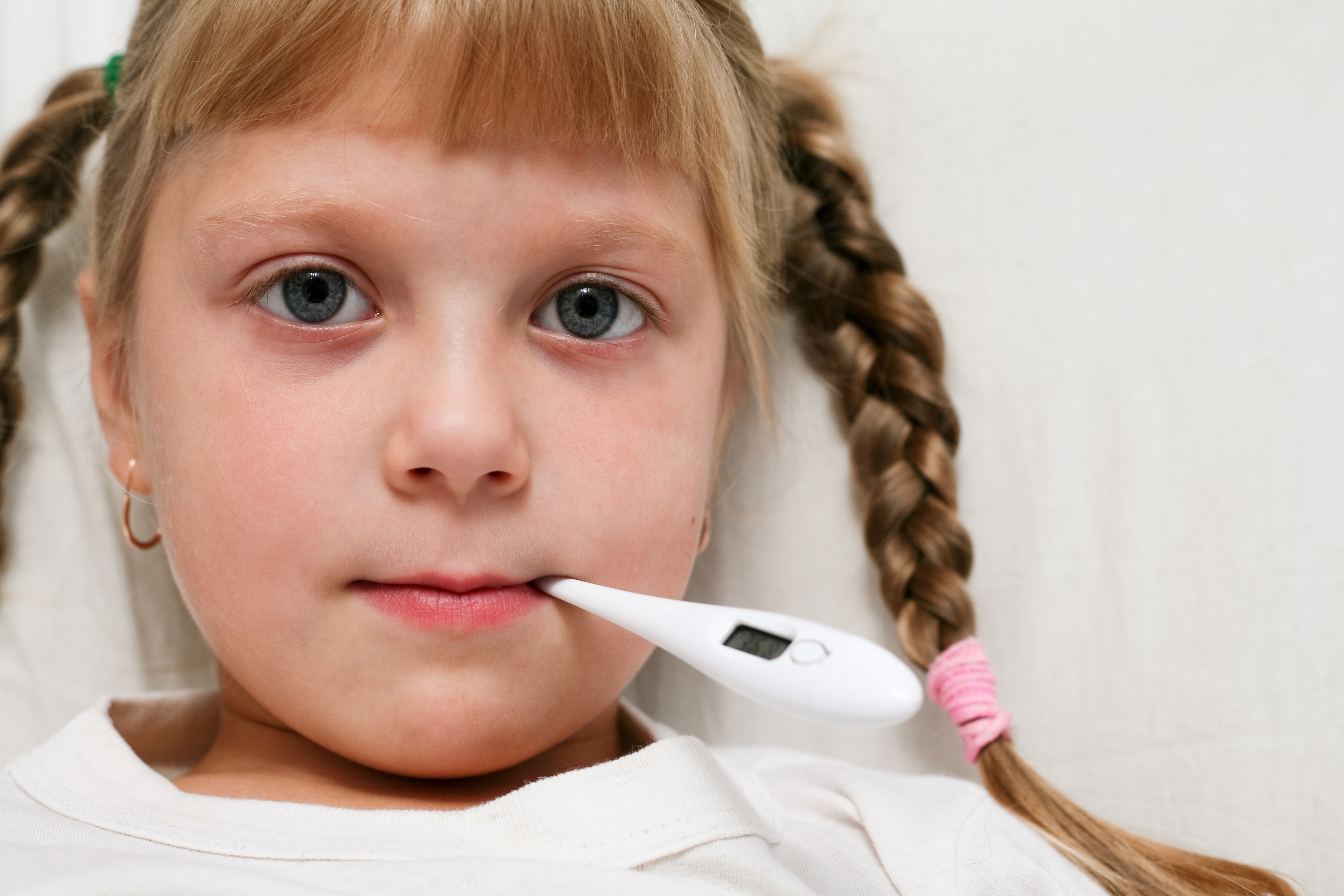Latest News
North Dakota Department of Health Seeing an Increase in Pertussis Cases
Posted 11/16/18 (Fri)
 The North Dakota Department of Health (NDDoH) is seeing a rise in pertussis cases mostly in school-aged children in Ward County. So far in 2018, 41 cases have been reported to the NDDoH.
The North Dakota Department of Health (NDDoH) is seeing a rise in pertussis cases mostly in school-aged children in Ward County. So far in 2018, 41 cases have been reported to the NDDoH.
The NDDoH reminds providers to suspect pertussis in patients with prolonged coughs or coughs accompanied by paroxysms, post-tussive vomiting, inspiratory whoop or apnea (in infants younger than 12 months). If pertussis is suspected, the patient should be treated appropriately and excluded from school and other group activities until five days after the start of effective antimicrobial treatment. Providers should not wait for laboratory results to treat, and suspected pertussis cases must be reported immediately to the NDDoH at 701.328.2378.
Pertussis (known as whooping cough) is a contagious disease that lasts for many weeks or months and can cause severe coughing with a “whooping” sound or coughing that leads to vomiting. The disease can be life threatening for infants. Generally, the illness is less severe in those who are vaccinated and may present as just a prolonged cough.
The clinical criteria for pertussis is a cough lasting at least two weeks with at least one of the following symptoms:
- Paroxysms (uncontrollable bursts) of coughing
- Inspiratory whoop
- Post-tussive vomiting
- Apnea (in infants < 12 months)
The NDDoH recommends providers collect a nasopharyngeal swab for polymerase chain reaction (PCR) testing from all persons with suspected pertussis.
- If possible, the nasopharyngeal swab should be collected within three weeks of cough onset.
- Swabs may be placed in a sterile tube for transport to the laboratory.
- Pertussis testing kits are available at most major medical centers or providers may obtain them from the NDDoH Division of Microbiology by calling 701-328-6272.
- The fee for pertussis testing through the NDDoH is $60.
- Serological testing for pertussis is not confirmatory and is not recommended.
The NDDoH recommends that people suspected of having pertussis be treated and excluded from community activities, including school, extracurricular activities, child care, or work, until five days of antibiotics have been completed. Do not wait for laboratory testing results to treat and report the suspected case to the NDDoH immediately. If treatment is started early in the course of illness, symptoms may be lessened. Only the antibiotics listed on the Pertussis Treatment and Chemoprophylaxis Guidelines are effective in treating pertussis. Cases that have been coughing longer than 21 days do not need to be treated with antibiotics.
All household contacts of confirmed pertussis cases, regardless of symptoms, should be placed on the appropriate antibiotics. The NDDoH will determine if any other contacts need to receive prophylaxis and will refer them to their primary care provider for evaluation and treatment.
The incubation period for pertussis is usually seven to 10 days, but can range from four to 21 days. Symptomatic contacts to confirmed cases should be treated, reported to the NDDoH, and advised to exclude themselves from all activities until five days after the start of effective antimicrobial treatment or 21 days of cough have passed.
Diphtheria, tetanus and acellular pertussis vaccine (DTaP) should be administered routinely to infants at 2, 4, 6 and 15 to 18 months of age. A booster dose of DTaP should be given at 4 to 6 years of age. DTaP vaccine should not be given to children seven years of age and older.
Tetanus, diphtheria and acellular pertussis vaccine (Tdap) should be administered to the following:
- Adolescents at 11 to 12 years of age
- Adolescents who did not receive Tdap at 11 to 12 years of age or for those ages 7 to 10 years who are incompletely vaccinated
- A single dose of Tdap should replace a Td booster (recommended every 10 years) for all adults not previously vaccinated with Tdap, including adults 65 years of age and older.
- Health-care workers
- Pregnant women during the third trimester (preferably at 27-32 weeks gestation) regardless of last Tdap or Td
- People in contact with infants (parents, grandparents, caregivers, child-care providers, etc.)
The NDDoH supplies DTaP, DTaP-containing and Tdap vaccines for all Vaccines For Children (VFC) eligible children (18 and younger and either Medicaid eligible, American Indian, uninsured or underinsured). State-supplied Tdap may be ordered for uninsured and underinsured adults. Please refer to the Immunization Program website at www.ndhealth.gov/Immunize for additional information regarding pertussis.
Please contact the NDDoH Division of Disease Control at 701.328.2378 or toll-free at 800.472.2180 with any questions or concerns regarding this issue.